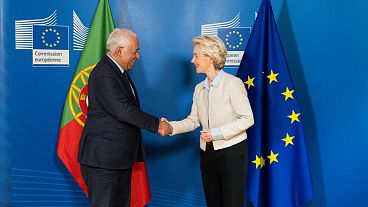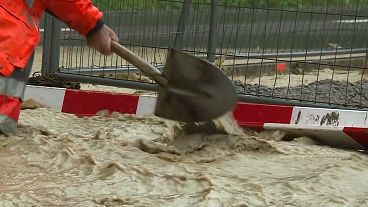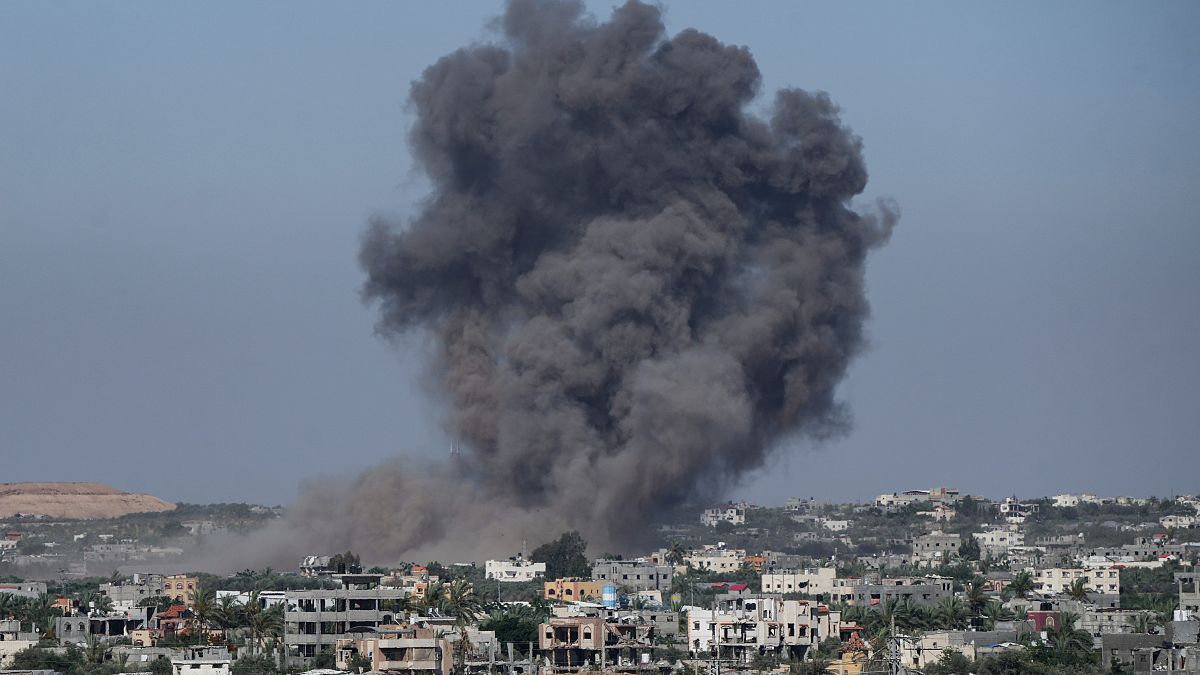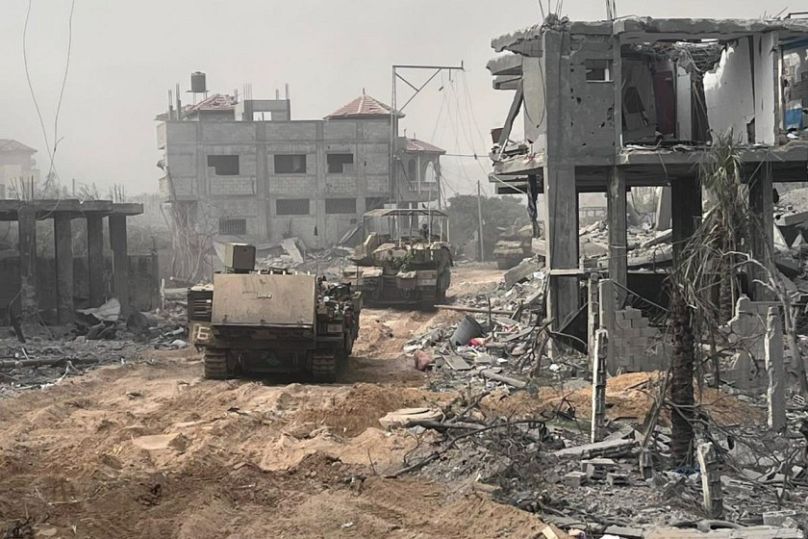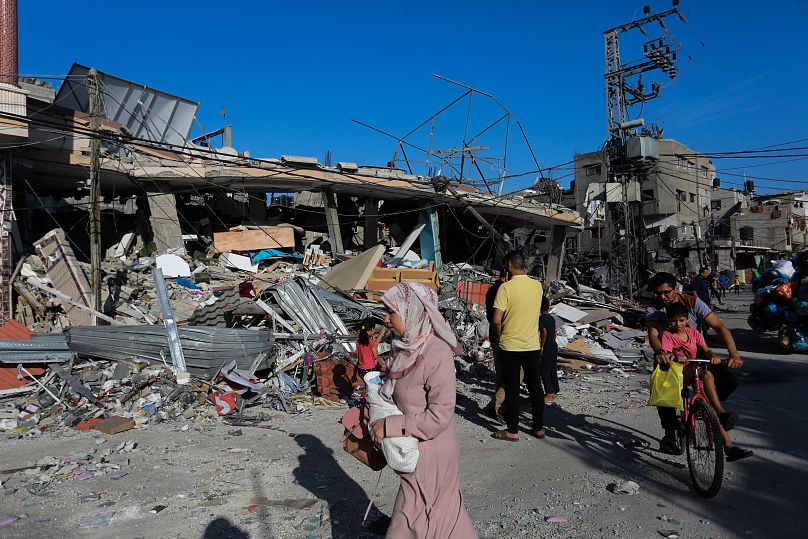The US President said the deal would lead to the release of remaining hostages in Gaza and could end the grinding, nearly 8-month-old Mideast war.
Biden added that Hamas is “no longer capable” of carrying out another large-scale attack on Israel as he urged Israelis and Hamas to come to a deal to release remaining hostages for an extended cease-fire.
The Democratic president in remarks from the White House called the proposal “a road map to an enduring cease-fire and the release of all hostages.”
Biden said the first phase of the proposed deal would last for six weeks and would include a “full and complete cease-fire,” a withdrawal of Israeli forces from all populated areas of Gaza and the release of a number of hostages, including women, the elderly and the wounded, in exchange for the release of hundreds of Palestinian prisoners.
American hostages who would be released at this stage, and the remains of hostages who have been killed, would be returned to their families. Humanitarian assistance would surge during the first phase, with 600 trucks being allowed into Gaza each day.
The second phase would include the release of all remaining living hostages, including male soldiers, and Israeli forces would withdraw from Gaza.
“And as long as Hamas lives up to its commitments, the temporary cease-fire would become, in the words of the Israeli proposals, ‘the cessation of hostilities permanently,’” Biden said.
The third phase calls for the start of a major reconstruction of Gaza, which faces decades of rebuilding from the devastation caused by the war.
Biden called it “a truly decisive moment." He added that Hamas said it wants a cease-fire and that an Israeli-phased deal is an opportunity to prove “whether they really mean it.”
Israel expands offensive in Rafah
The US President's remarks came as the Israeli military confirmed that its forces are now operating in central parts of Rafah in its expanding offensive in the southern Gaza city, causing around 1 million Palestinians to flee.
Friday's statement by the Israeli military suggested its forces have been operating in most parts of the city.
In the first few weeks the Israeli assault focused on in Rafah's eastern districts and in areas close to the border with Egypt.
Israeli troops seized the Rafah crossing into Egypt on the first day of the offensive and have since claimed control over the Philadelphi Corridor, a road running the length of the Gaza-Egypt border on the Gazan side.
Earlier this week, Israeli troops also moved into Rafah's western district of Tel al-Sultan, where heavy clashes with Hamas fighters have been reported by witnesses.
In its statement Friday, the military said its troops in central Rafah had uncovered Hamas rocket launchers and tunnels and dismantled a weapons storage city of the group.
It did not specify where in central Rafah the operations were taking place, but previous statements and witness reports have pointed to raids in the Shaboura refugee camp and other sites near the city centre.
Israel has said an offensive in Rafah is vital to uprooting Hamas fighters in its military's campaign to destroy the group after its October 7 attack on southern Israel.
Palestinians who fled the city have scattered around southern and central Gaza, most of them living in squalid tent camps.
Up to around 300,000 people are believed to remain in the area, some of them still in the central urban parts of the city, a U.N. official said.
Shaina Low, a spokesperson for the Norwegian Refugee Council, a humanitarian group that operates in the area, said most have flocked to a rural area west of the city near the coast — an area that has seen deadly Israeli strikes and shelling the past week.
More than 1 million Palestinians have fled the city since the assault began.


